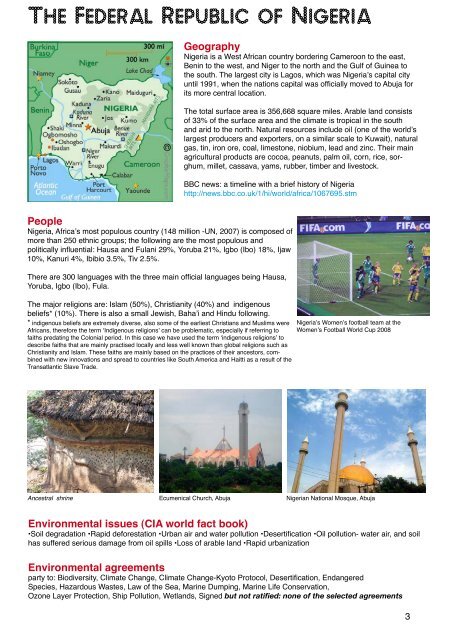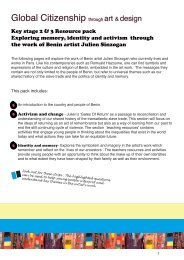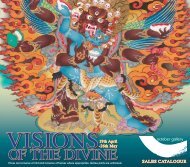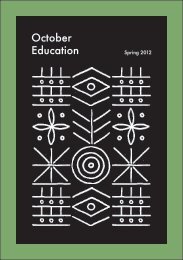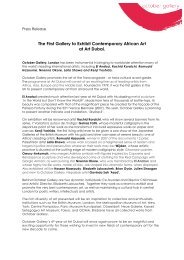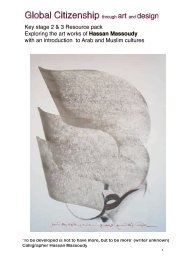Create successful ePaper yourself
Turn your PDF publications into a flip-book with our unique Google optimized e-Paper software.
The Federal Republic of Nigeria<br />
Geography<br />
Nigeria is a West African country bordering Cameroon to the east,<br />
Benin to the west, and Niger to the north and the Gulf of Guinea to<br />
the south. The largest city is Lagos, which was Nigeria’s capital city<br />
until 1991, when the nations capital was officially moved to Abuja for<br />
its more central location.<br />
The total surface area is 356,668 square miles. Arable land consists<br />
of 33% of the surface area and the climate is tropical in the south<br />
and arid to the north. Natural resources include oil (one of the world’s<br />
largest producers and exporters, on a similar scale to Kuwait), natural<br />
gas, tin, iron ore, coal, limestone, niobium, lead and zinc. Their main<br />
agricultural products are cocoa, peanuts, palm oil, corn, rice, sorghum,<br />
millet, cassava, yams, rubber, timber and livestock.<br />
BBC news: a timeline with a brief history of Nigeria<br />
http://news.bbc.co.uk/1/hi/world/africa/1067695.stm<br />
People<br />
Nigeria, Africa’s most populous country (148 million -UN, 2007) is composed of<br />
more than 250 ethnic groups; the following are the most populous and<br />
politically influential: Hausa and Fulani 29%, Yoruba 21%, Igbo (Ibo) 18%, Ijaw<br />
10%, Kanuri 4%, Ibibio 3.5%, Tiv 2.5%.<br />
There are 300 languages with the three main official languages being Hausa,<br />
Yoruba, Igbo (Ibo), Fula.<br />
The major religions are: Islam (50%), Christianity (40%) and indigenous<br />
beliefs* (10%). There is also a small Jewish, Baha’i and Hindu following.<br />
* indigenous beliefs are extremely diverse, also some of the earliest Christians and Muslims were<br />
Africans, therefore the term ‘Indigenous religions’ can be problematic, especially if referring to<br />
faiths predating the Colonial period. In this case we have used the term ‘indigenous religions’ to<br />
describe faiths that are mainly practised locally and less well known than global religions such as<br />
Christianity and Islam. These faiths are mainly based on the practices of their ancestors, combined<br />
with new innovations and spread to countries like South America and Haitti as a result of the<br />
Transatlantic Slave Trade.<br />
Nigeria’s Women’s football team at the<br />
Women’s Football World Cup 2008<br />
Ancestral shrine<br />
Ecumenical Church, Abuja<br />
Nigerian National Mosque, Abuja<br />
Environmental issues (CIA world fact book)<br />
•Soil degradation •Rapid deforestation •Urban air and water pollution •Desertification •Oil pollution- water air, and soil<br />
has suffered serious damage from oil spills •Loss of arable land •Rapid urbanization<br />
Environmental agreements<br />
party to: Biodiversity, Climate Change, Climate Change-Kyoto Protocol, Desertification, Endangered<br />
Species, Hazardous Wastes, Law of the Sea, Marine Dumping, Marine Life Conservation,<br />
Ozone Layer Protection, Ship Pollution, Wetlands, Signed but not ratified: none of the selected agreements<br />
3


